When all the festivities have died down, and your visitors have gone back to their homes, January can be lonely. We have all had our fair share of winter blues.
In early January 2023, I traveled to my hometown, Bayfield, to spend some time with my family. However, as the weather got colder, I experienced mood swings, so I cut my holiday short. After three days, I flew back to my home in Minnesota.
If I had known how to manage winter blues, a.k.a. seasonal affective disorder (SAD), I would not have missed the priceless moments with my people. With the abysmal increase in rent and food prices, it is hard to stay happy in the States.
However, here are thirteen proven tips for boosting your mood in January.
Try Light Therapy
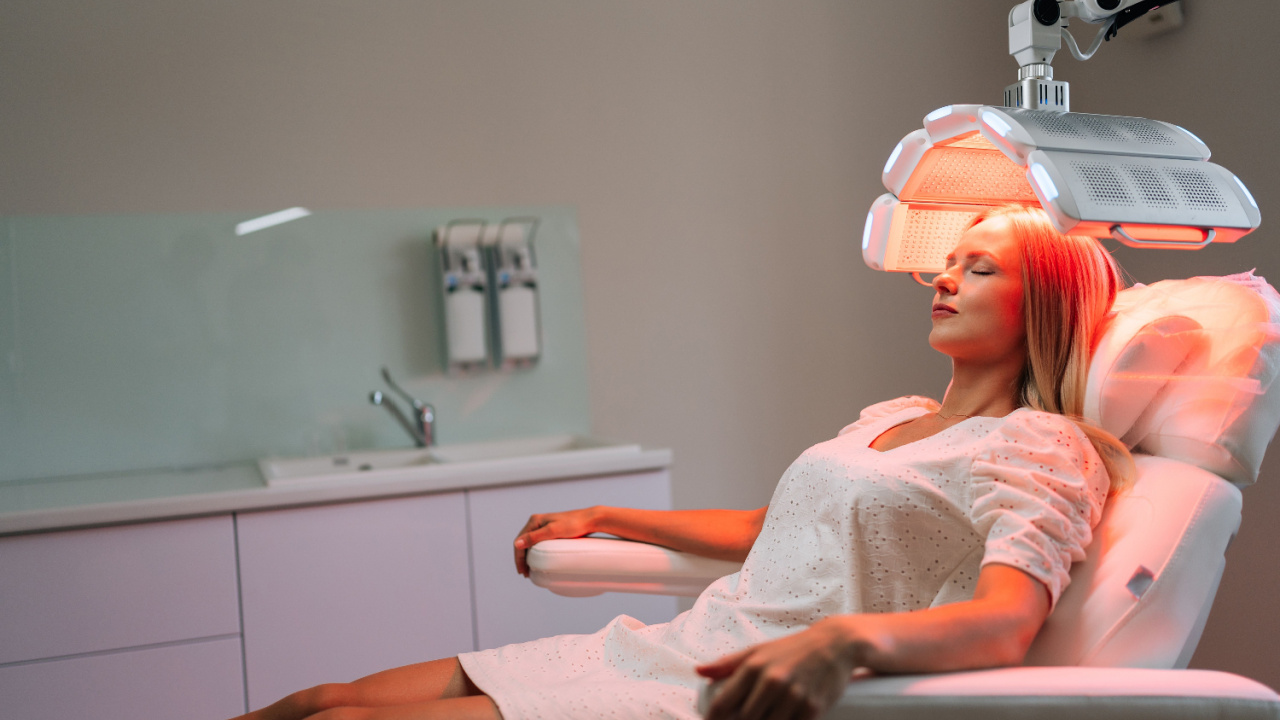
Image Credit: Shutterstock.
Light therapy, a.k.a. phototherapy, is a medical treatment that uses a light box to treat several medical conditions, including SAD. It involves facing a light box while sitting for about half an hour every day.
The light box is a fluorescent light that glows brighter than indoor lights but duller than the sunlight. Light therapy works by readjusting the body’s circadian rhythm and regulating serotonin activation. Always consult your doctor before getting a lightbox.
Go Out More

Image Credit: Shutterstock.
Staying indoors worsens depression. Any outdoor activity that helps you interact with your surroundings and others is recommended. You can take a walk, jog, or even just sit outside. There are plenty of opportunities to choose from.
Exercising helps reduce depression. If the cold weather is the reason you stay home all day, you should put on some layers and go outside for some exercise.
Absorb the Sunshine

Image Credit: Shutterstock.
Go outside every morning to absorb the sun. Like the light box, the morning sunlight can help cure seasonal affective disorder. Alongside its effect on your serotonin production, the morning sunlight also gives you vitamin D.
Vitamin D helps increase the production of calcium and phosphate molecules in your system. A healthy amount of vitamin D helps the bones, teeth, and muscles get stronger.
Turn Up The Music

Image Credit: Shutterstock.
Music is the food of the soul, and it uplifts one’s spirit. According to a study conducted by researchers at Michigan State University, music is an important therapeutic tool that effectively reduces stress and anxiety and boosts emotional health.
Eat Healthy
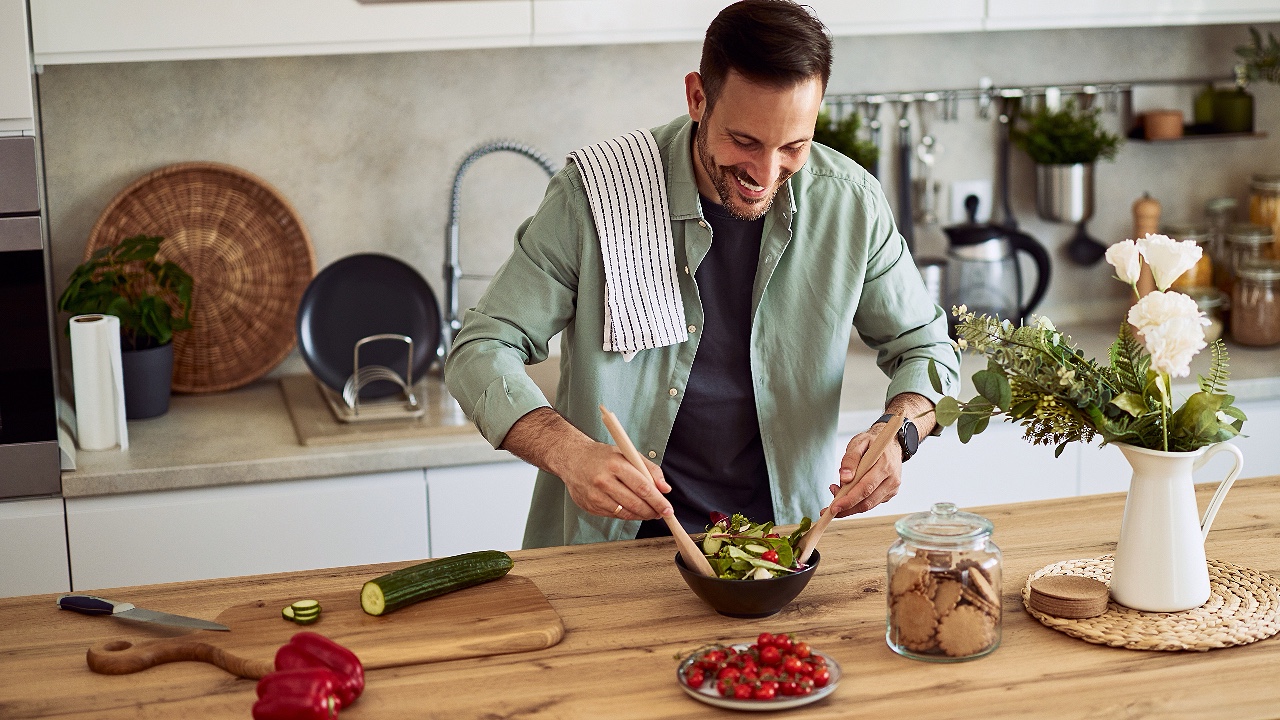
Image Credit: Shutterstock.
The food you eat determines your mood. Certain foods, such as berries, oats, nuts, seeds, coffee beans, lentils, bananas, fatty fish, and fermented foods, provide antioxidants that help reduce the inflammation linked with depression.
Fatty fish contain a good amount of two omega-3 acids: docosahexaenoic acid and eicosapentaenoic acid. Bother if these omega-3 acids have been proven to reduce depression levels.
Stay Hydrated

Image Credit: Shutterstock.
A study conducted with 3327 Iranian participants showed that drinking more water reduced depression. The participants who consumed the least amount of water experienced more depression.
However, do not drink too much water, as water overdose can cause hyponatremia, a condition caused by dilution of sodium concentration in the body (as a result of water overdose).
According to the Mayo Clinic, men should drink 3.7 liters (15.5 cups) of water daily, while women should drink 2.7 liters (11.5 cups) daily.
Connect With People
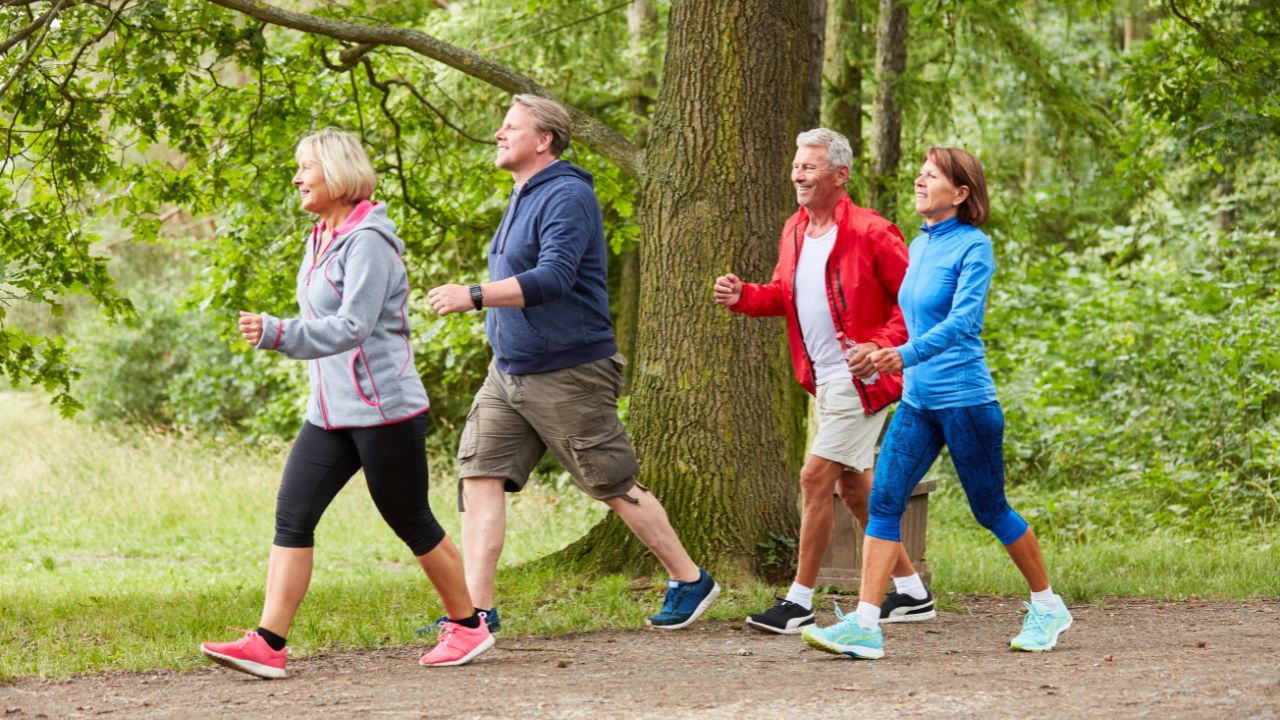
Image Credit: Deposit Photos.
I made the mistake of withdrawing from my loved ones when I was hit by the winter blues last year. Staying alone only worsens the situation.
Connect with people, especially those who have your best interests in mind. No one is designed to live or work in isolation. That is why astronauts who stay in space for too long undergo intense mental health treatments on arrival.
Choose to work in a physical location over working from home. Do not turn down hangout invitations from friends, and do not be afraid to make new friends.
See A Doctor

Image Credit: Shutterstock.
While the tips provided in this guide are tested and trusted solutions, it is recommended that you seek professional help. You might think that you have SAD, but it is another medical condition entirely.
Self-diagnosis leads to complications and drug misuse. Going for counseling helps you pinpoint the problem. Therapists can tailor the best solutions for you since there is no one-size-fits-all solution for depression, SAD, or anxiety.
Do Something New

Image Credit: Depositphotos.
According to the National Institute of Health, boredom can lead to poor mental health. In a study by Wilson et Al., 67% of males and 25% of females chose to administer electric shocks to themselves rather than experience boredom while sitting alone with their thoughts.
Doing something new is entertaining and educational. It is a win-win situation.
Make Your Room Cozy
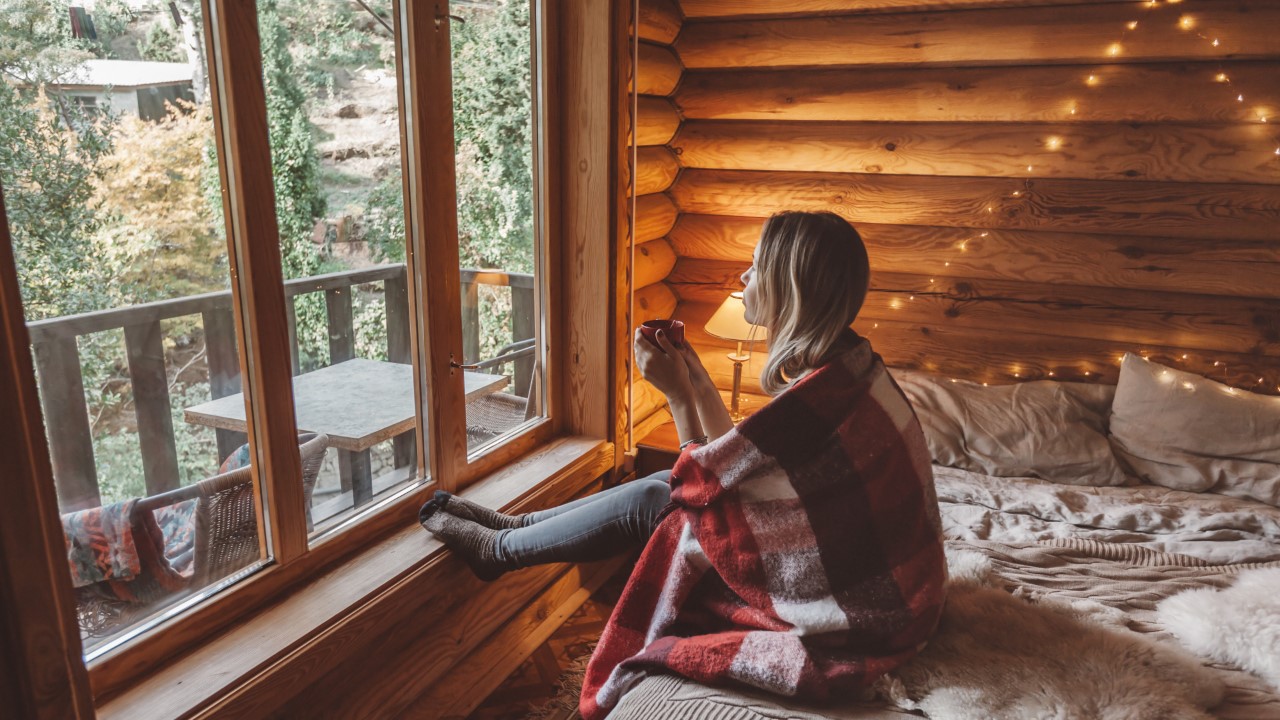
Image Credit: Shutterstock.
We have talked about getting out of your comfort zone so you can participate in healthy activities and imbibe the morning sunshine. However, you also need to be comfortable in your home. Comfort makes people feel better and confident in their surroundings.
Get a soft blanket. Don’t stop there; adopt sofas, chairs, and ottomans designed with soft fur.
Meditate Often
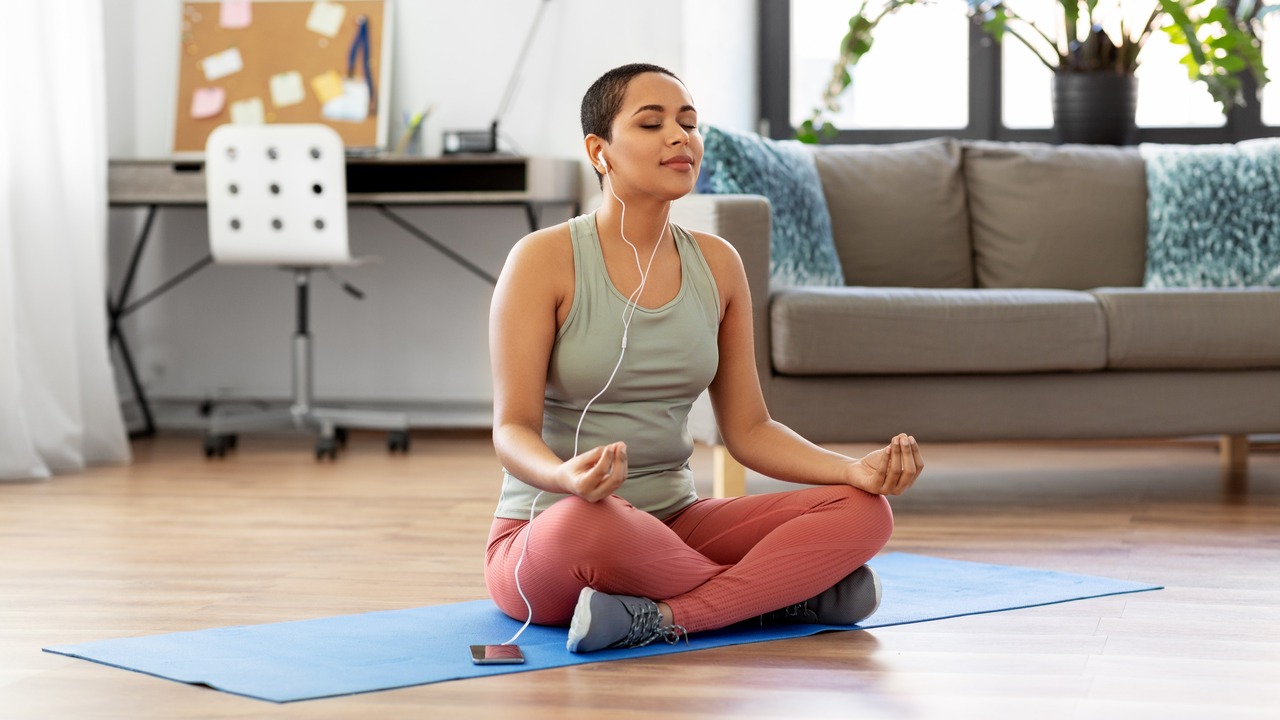
Image Credit: Shutterstock.
Meditation is a proven way of relieving stress and anxiety. In a 2017 study, researchers discovered that meditation helps reduce the physiological markers of stress, such as high cortisol levels and increased heart rate.
Engaging in meditation exercises gives you a better understanding of yourself and helps you arrest the harmful thoughts that usually lead you to depression. It gives you enhanced self-awareness, putting you in the driver’s seat and helping you manage your mental health.
Use Antidepressants

Image Credit: Shutterstock.
While light therapy is the first solution proffered to SAD patients, it does not always work for everyone. Medical practitioners might have to administer antidepressants to the patients.
Selective inhibitors like citalopram, fluoxetine, and escitalopram are often used in the treatment of seasonal affective disorder. Although antidepressants are effective, they have several side effects, like nausea, insomnia, and diarrhea. Talk to your doctor about to see what they suggest.
Reduce Social Media Usage

Image Credit: Shutterstock.
According to the National Institutes of Health, “increased use of negative affective words on social media posts, together with the presence of specific stressful life events, increased a person’s risk of developing high depression symptoms.”
The change in our body’s circadian rhythm due to shorter days triggers seasonal affective disorder. Our brain secretes signals to help our body stay awake and active during the day, so staying on social media for too long can cause mental health decline.